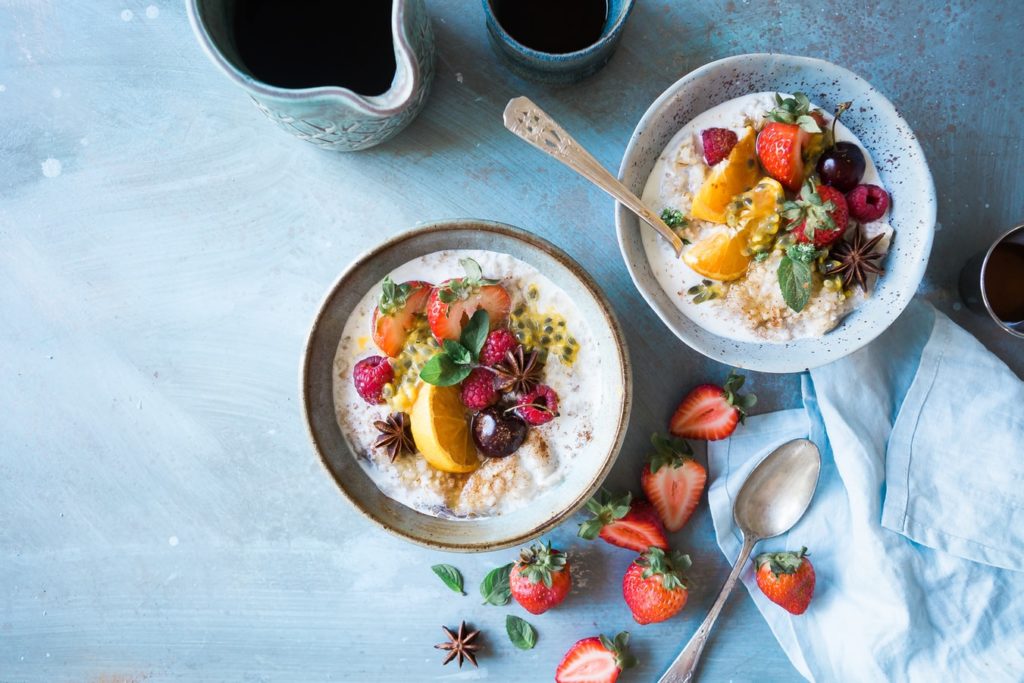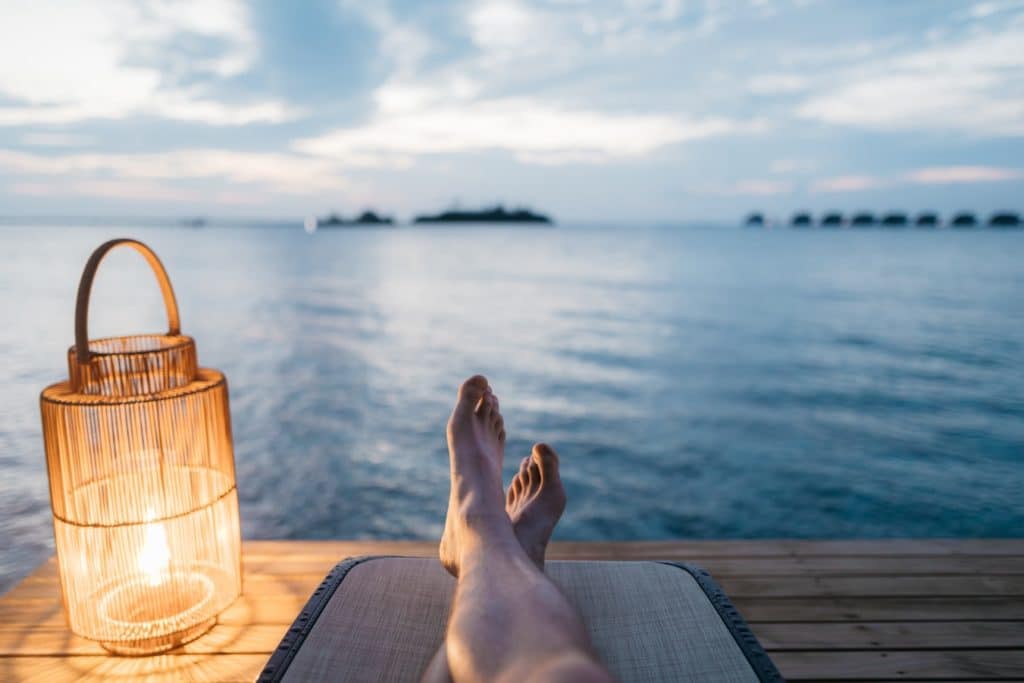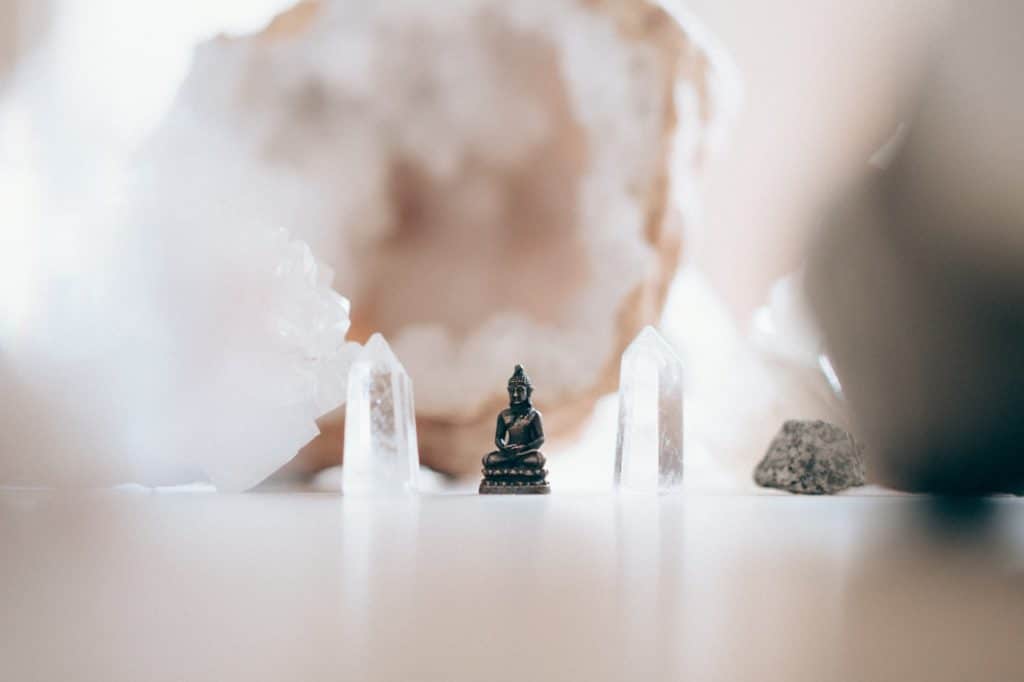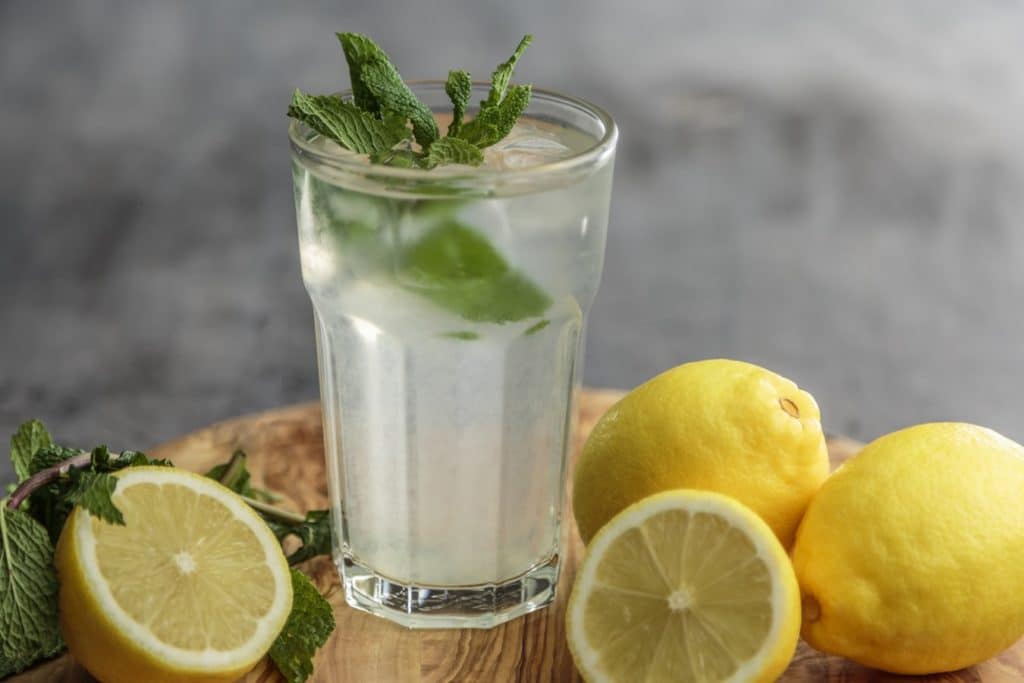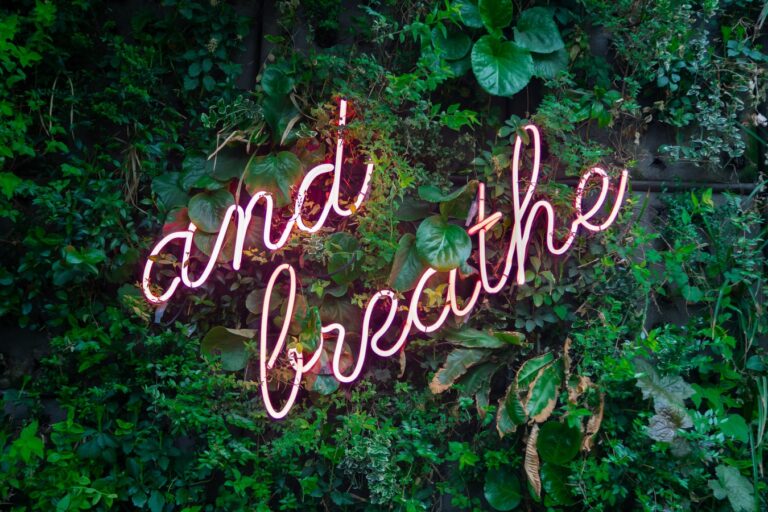
I talk a lot about biohacking your sleep. Sleep is a foundational part of performance, and upgrading your sleep is one of the best ways to improve your performance across the board.
As important as sleep is, there’s another part of recovery that’s easy to overlook: rest.
While rest is different from sleep, it’s just as essential if you want to perform at your best. I recently did a Bulletproof Radio interview with Dr. Saundra Dalton-Smith, a biochemist and one of the leading experts on how the human body recovers.
One of Dr. Saundra’s main messages is that there’s a big difference between rest and sleep, and incorporating rest into your life can help you recover faster and be more effective in everything you do.
Here are 7 types of rest that will fix what sleep doesn’t, and how you can use each one to become a more resilient human.
1. Mental Rest
According to Dr. Saundra, mental rest is the most essential type of rest.
In the modern world, your brain deals with more stimuli than ever before –– work, news, email, social media, entertainment, and so on. You’ll become a lot more effective if you give your mind an occasional break.
There are a few ways to decrease mental stress:
- Get organized. Structure your week enough that you know exactly what you’re doing each day. That way you don’t expend mental energy wondering what to do or trying to figure out what comes next in your schedule.
- Meditate. Meditation gives your mind a break from external stimuli and acts as a sort of mental reset. If you’ve never tried it before, a simple guide to meditation will help you get you started. You don’t need any special equipment, and five minutes a day is enough to make a big difference.
- Take a vacation. Even if it’s only a long weekend, getting away from work for a few days will decrease your mental stress, and you’ll actually be more productive in the long run.
Biohacking is all about performing at your best, and a big part of that is being able to sustain high performance over time. Make space in your schedule for mental rest; it’ll prevent you from burning out at work and you’ll be more effective long-term.
2. Emotional Rest
There’s a good chance that you have a persona that you portray to the world, and it puts a certain level of stress on you to keep it up.
That’s why it is vital to have one or two people that you can truly be yourself with, or to make time for solitude so you can put down your persona for a while.
Here are a few good ways to decrease emotional stress:
- Therapy. Talking to someone who isn’t close to you can actually help more than talking to close friends. There’s no risk of ruining a relationship so you don’t have to put up any kind of facade. Whether it’s with a psychologist, psychiatrist, coach, or someone else you trust, therapy is a good way to be completely honest emotionally, which will provide a sense of relief and help you sort out how you really feel about things in your life.
- Time with close friends. Make time to be around the people who know you best. If you can be yourself with them, you’ll come away emotionally recharged.
- Time alone. You can also schedule some solitude into your life. Time alone gives you a chance to disconnect from others’ expectations and sort through your emotions. It acts like a sort of emotional reset. Take a weekend away to meditate, journal, and spend time with your thoughts and nobody else’s.
3. Social Rest
There’s a saying: “You’re the average of the five people you spend the most time with.”
Humans are social creatures, and the people in your life have massive influence on how you think, feel, and act. For example, a landmark 2007 study found that obesity spreads through social ties, meaning if you have friends who are obese (or even if your friends have friends who are obese), you’re significantly more likely to become obese yourself[*].
As a brief example, if you have friends who suggest you order pizza and beer every weekend, you’re probably going to eat pizza and drink beer. If you have friends who suggest waking up early and going to the gym, you’re probably going to join them at the gym.
Surround yourself with people who share your ambitions and interests, and minimize exposure to those who don’t. You’ll feel less socially drained and you’ll be more likely to achieve your goals.
4. Sensory Rest
Constant sensory stimulation –– like always being on your phone or under artificial light –– taxes your nervous system and can leave you both physically and mentally exhausted.
Use these hacks to get your body back in touch with its natural rhythms:
- TrueDark glasses. Protect your brain from junk artificial light with blue-blocking glasses. They’ll help to minimize the sensory strain that comes from electronic devices like your phone and computer. They’ll also help you sleep better –– they block blue light, which inhibits melatonin and damages your sleep quality[*].
- Meditation. Meditation helps with sensory rest, too. Sit quietly, close your eyes, and try a simple meditation practice for a few minutes a day. It’ll help your brain recharge.
- Sensory deprivation tanks. For a full reset, try a sensory deprivation tank (also called a “float tank”). These tanks contain water that’s exactly your body temperature, no light, and no sound. When you float in the water, you lose all sensory input and are left with a sense of floating through empty space. Float tanks are a powerful way to disconnect from the constant (and often overwhelming) sensory exposure of the modern world.
5. Creative Rest
If you’re creative –– an artist, writer, entrepreneur, and so on –– you may feel pressure to create all the time.
That pressure can stop creativity in its tracks. If you find you’re obsessing over trying to get a good idea and nothing is coming to you, give yourself a creative break.
- Time in nature. Being around natural beauty is deeply relaxing. It also stimulates creativity: a study found that when people spent a few days camping in nature, they became 50% more creative[*]. Take a few days to be in nature without pressuring yourself to create or come up with new ideas. It’s when you allow your mind to wander that good ideas will come to you.
6. Spiritual Rest
Spiritual rest is important because it brings a sense of belonging to your life. It makes you feel like you are a small part of something much bigger than you can imagine. Spiritual rest helps you never feel alone even when you do not have people around you, and it brings a sense of calmness and reason.
Dr. Saundra suggests taking up a meditation practice. You may also consider psychedelics (if they’re legal where you live, of course).
7. Physical Rest
When you hear the word “rest,” this is probably what you think of.
Physical rest means taking time to let your body recover, whether it’s from a hard workout or from the demands of a busy life.
Here are a few ways to get more physical rest:
- Hack your sleep. Your body and brain do most of their recovery during deep sleep. Learn to sleep deeper with a few simple sleep hacks. You’ll wake up feeling strong and you’ll notice a big difference in your physical and mental performance.
- Stretch and do mobility training. Nobody likes to hear it, but stretching and mobility are essential for physical recovery. Keep your muscles loose and your posture aligned; you’ll be much more effective for it (and you’ll be able to go much harder in the gym). Listen to my Bulletproof Radio interview with Kelly Starrett for details about how to hack your mobility.
- Drink more water. When it comes to recovery, staying hydrated makes a bigger difference than you might think. Your muscles are 76% water, and staying hydrated improves muscle strength, functional power, recovery, and more[*]. Keep a water bottle with you and drink it throughout the day. It’ll help with recovery more than you’d expect.
How Do You Want to Improve Your Recovery?
Recovery is about more than just physical rest. Incorporating multiple types of recovery into your life will help you become a stronger, smarter, more effective human, especially long-term.
To learn more about what types of recovery will help you the most, check out Dr. Saundra’s Rest Quiz and listen to our conversation on Bulletproof Radio.


